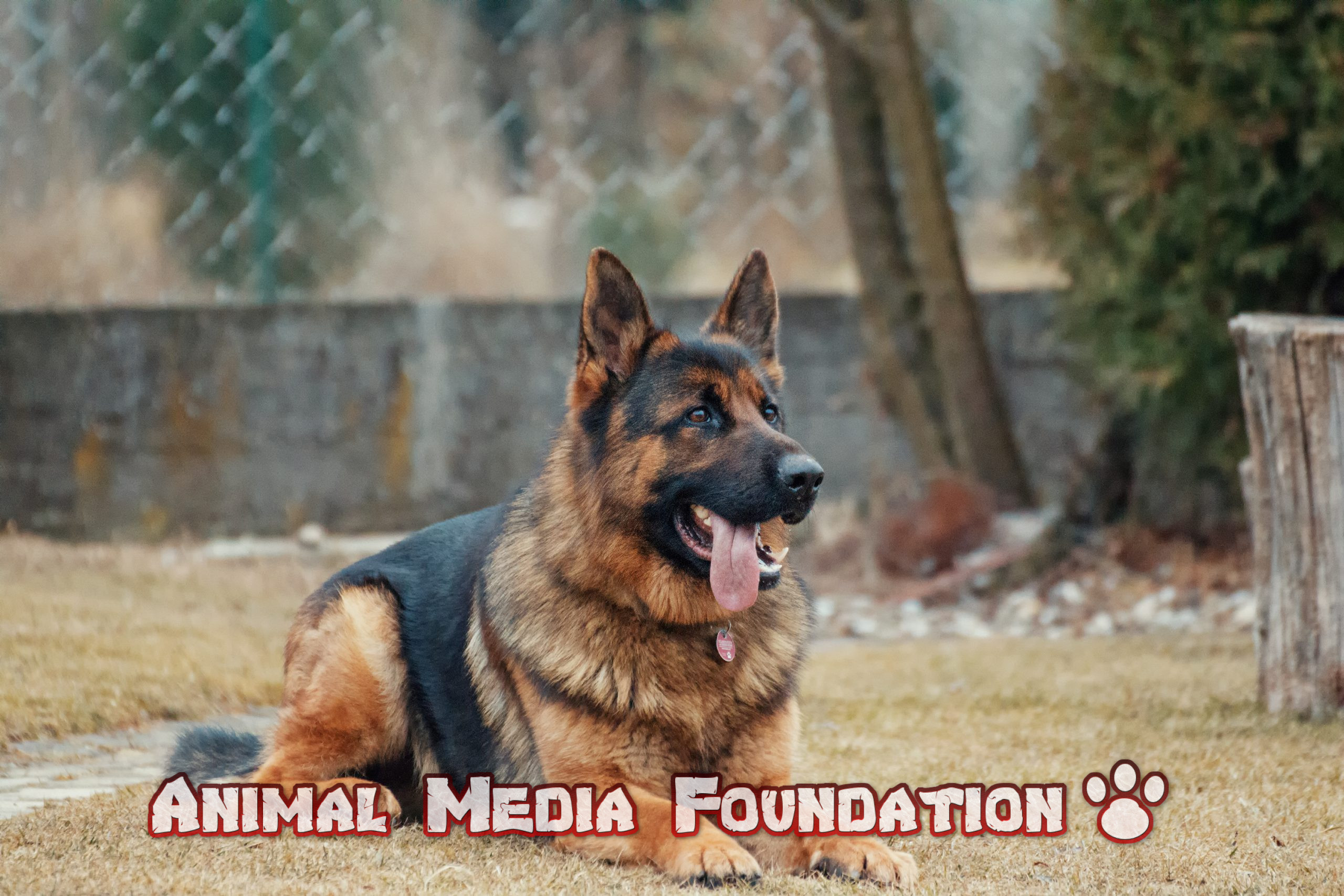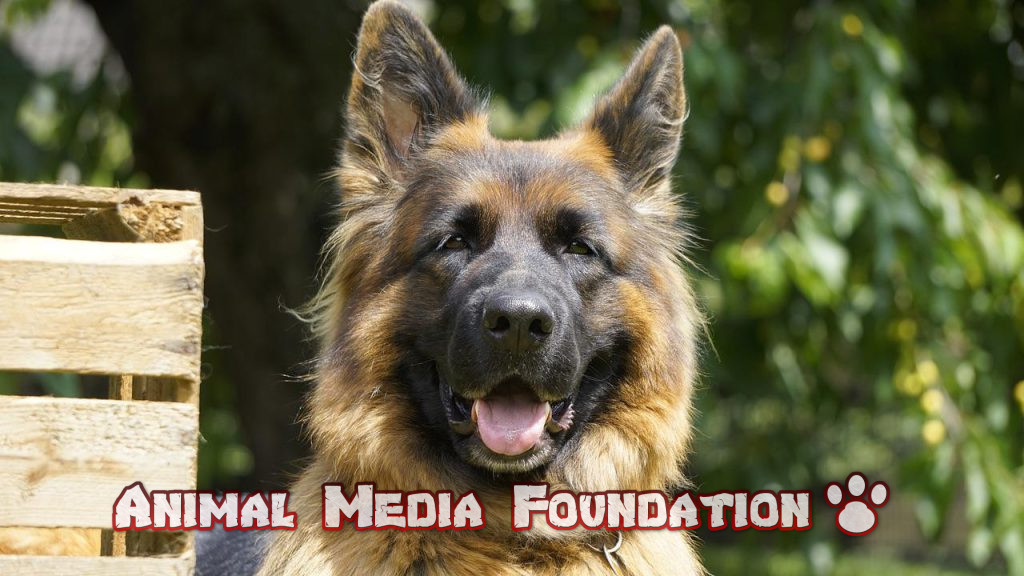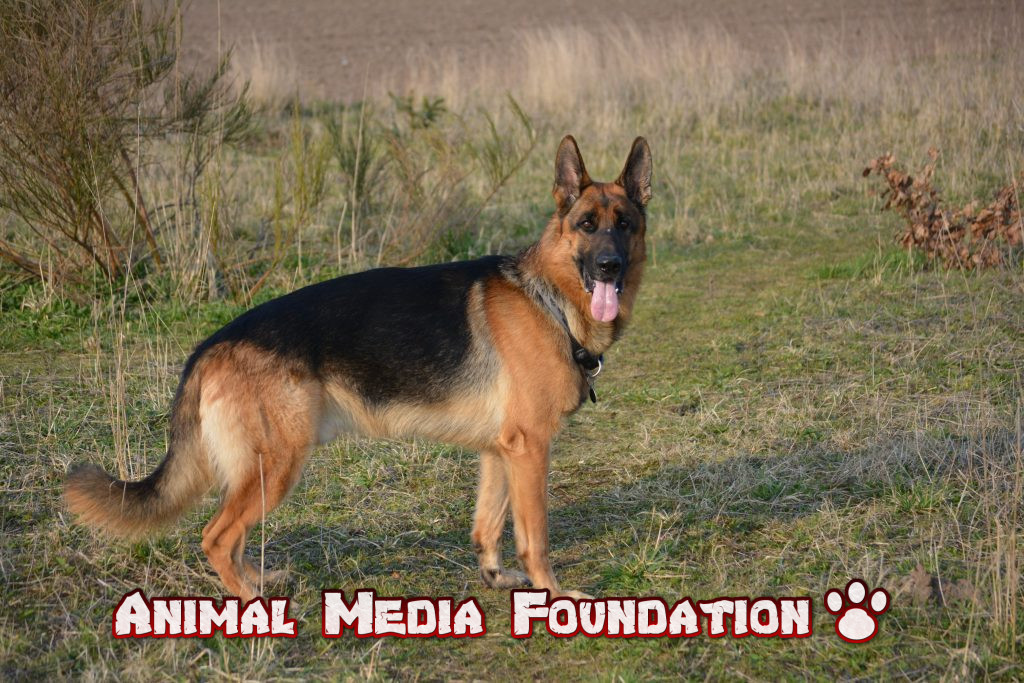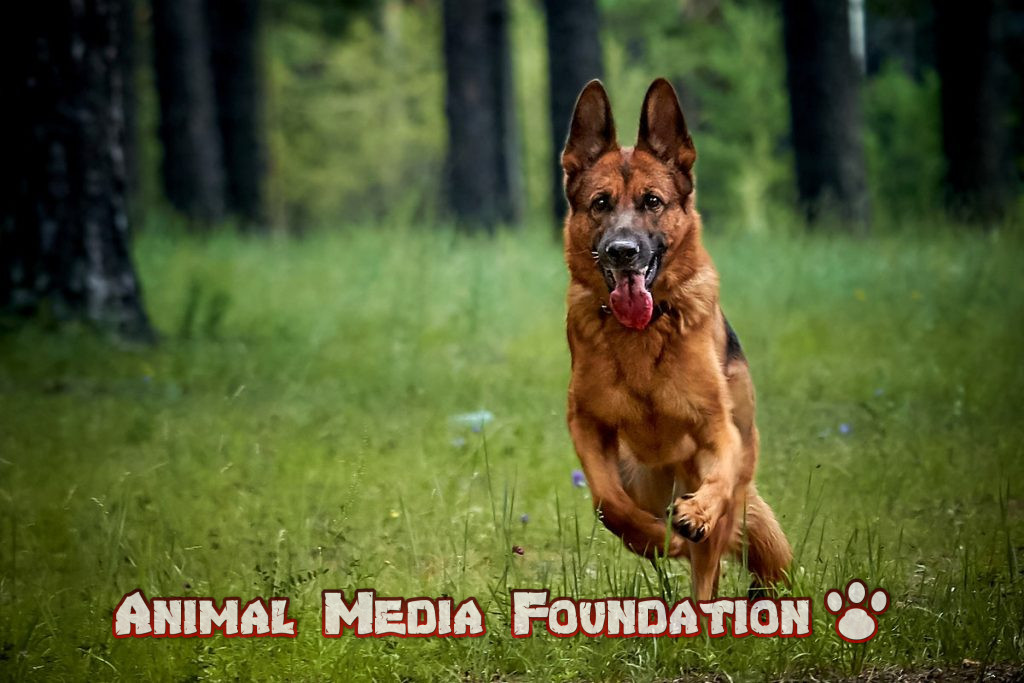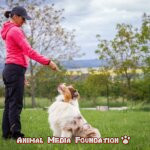Is a German Shepherd a good house pet?
Large, agile, muscular, intelligent, and loyal German Shepherds. The German Shepherd is the second most popular dog breed in the U.S.
Herding breeds are high-energy and love a job or regular exercise. They are known for their confidence, loyalty, bravery, and expert dog training and obedience. German Shepherds are used as patrol, bomb-sniffing, and search-and-rescue dogs in the military and police.
This breed weighs 65 to 90 pounds on average. 22 to 26 inches tall, they live 10 to 12 years.
GSD care
German Shepherds are active dogs that need intense training and regular exercise. Active families and experienced pet owners should get them.
Puppies need socialization and consistent training. This helps them stop nipping and jumping.
Double-coated German Shepherds shed a lot. They molt once or twice a year.
Problems with German Shepherds
German Shepherds have a long life expectancy for a large breed, but they have health issues. A reputable breeder screens male and female dogs for degenerative myelopathy and hip and elbow dysplasia. German Shepherds also get cancer, allergies, heart disease, and bloat.
Early detection is key to a good prognosis for any serious condition in German Shepherds.
Myelopathy
Degenerative myelopathy slowly paralyzes the back legs. Degenerative myelopathy causes back weakness and trouble standing.
Watch your dog for gradual pain and discomfort. Check their claws monthly for uneven wear, which could indicate lameness.
Physical therapy can help strengthen muscles and protect leg function. You can test for this condition using a DNA-based blood test at the University of Florida or the University of Missouri.
Dysplastic elbow and hip
Elbow dysplasia causes lifelong pain in the forearms. Degenerative hip dysplasia affects the hind end.
20% of German Shepherds have hip dysplasia, says the Orthopedic Foundation of Animals. Limping decreased range of motion, and pain is clinical signs, especially as arthritis develops later in life.
Weight loss, reduced activity, joint protection supplements, anti-inflammatory and pain medications, or surgery treat degenerative joint diseases. PennHIP can predict your dog's lifetime risk of hip dysplasia.
Cancer
German Shepherds can get cancer at any age, but it's usually later.
Hemangiosarcoma, lung, and intestinal cancers are common. Hemangiosarcoma is a malignant tumor often found in the spleen and heart.
Hemangiosarcoma symptoms include weakness, pale gums, trouble breathing, a distended abdomen, and collapse. Lethargy, panting, anorexia, vomiting, diarrhea, or weight loss are other nonspecific symptoms.
Depending on cancer, treatment may include chemotherapy, radiation, or surgery.
Swell (Gastric Dilation and Volvulus)
Bloat is a life-threatening condition in which the stomach swells with gas and twists on itself (GDV). Deep-chested dogs like German Shepherds often do this.
If your dog's stomach swells quickly or they have abdominal pain (whining, stretching with front legs down/back legs up, reluctance to walk, not eating), take them to the vet immediately.
Bloat can be treated with aggressive medical intervention, but GDV requires emergency corrective surgery. German Shepherds should wait 30 to 60 minutes after eating to exercise to reduce GDV risk.
Gastropexy is another way to prevent GDV in German Shepherds. When the dog is young and spayed/neutered, this surgery is most successful. A gastropexy attaches the stomach to the body permanently. This stomach fixation prevents twisting.
Allergies
Itchy skin, skin infections, ear infections, or digestive upset like vomiting, diarrhea, or weight loss are allergy symptoms in German Shepherds.
If you suspect your dog has allergies, get a medical history and physical, skin and ear tests, blood work, and fecal tests.
Dog allergies can be treated by avoiding the allergen and managing symptoms with diet and medication.
Cardiovascular
German Shepherds can have DCM, valvular disease, and heart murmurs. The heart and lungs should be x-rayed and listened to with a stethoscope during your dog's annual physical.
Medications help increase a dog's heart's pumping ability and manage arrhythmias. A heart-healthy diet should limit sodium intake and increase certain amino acids. Any dietary changes should be discussed with your dog's primary veterinarian to ensure they are safe for their medical condition. Heart-sick dogs shouldn't be overworked.
Pancreatitis exocrine (EPI)
EPI occurs when pancreatic cells don't produce enzymes and hormones normally.
Despite having a ravenous appetite, pets often lose weight. Soft stool or diarrhea, excessive gas, desire to eat feces and other unusual objects, flaky skin, and rough coat are other EPI symptoms.
EPI in dogs is incurable. Once the pancreas is damaged enough to cause EPI symptoms, your dog must take pancreatic enzyme supplements and other treatments for life. Your dog can live a happy life with this condition with proper management.
Pannus
Pannus, or superficial keratitis, is an immune-mediated eye condition that can cause blindness. It's common in high-altitude, UV-exposed, and polluted areas.
Keeping dogs indoors during the sunniest part of the day, providing a doghouse shelter, or trying doggie sunglasses like Rex Specs may help.
German Shepherds often have epilepsy/seizures, bleeding disorders, and immune-mediated disease. Most of these conditions are genetic and can be avoided through good breeding and screening.
German Shepherd Nutrition
German Shepherds are multitasking dogs. They need an age-appropriate, high-quality diet. Puppy, adult, and senior diets are available. "All life stages" dog food should only be used for puppies, not older dogs.
AAFCO-approved dog food ensures that the ingredients meet standards. AAFCO-approved dog food doesn't need vitamins and minerals.
Table food and animal bones can cause stomach upset, vomiting, diarrhea, and anorexia and have more fat than dog food. High-fat foods cause pancreatitis.
German Shepherd Nutrition
Puppies should be fed 3–4 times per day and adults twice. How much to feed depends on the dog's diet.
AAFCO-approved diets have veterinary nutritionists who help determine these requirements. Ask your vet, follow the package instructions, or contact the dog food manufacturer.
Smaller, more frequent meals may reduce bloat and stomach problems in German Shepherds.
German Shepherd Nutrition
Rapid long bone growth in puppies like German Shepherds and other large and giant-breed dogs contributes to joint and bone conditions.
Overfeeding and calcium supplementation may accelerate bone growth. Free-choice or overfed German Shepherds risk rapid bone growth. Large- and giant-breed dogs should switch to adult food at 12 to 18 months.
Consult your dog's vet to determine the proper feeding amount. Lean body mass slows bone growth. German Shepherd puppies under 6 months old can't absorb calcium from supplements or adult dog food.
Rapid bone growth and excess calcium can cause:
Dislocated hip, elbow
Shoulder, knee, wrists, and ankle osteochondrosis. This joint condition requires surgery to prevent osteoarthritis.
Osteodystrophy hypertrophic (HOD). It causes joint swelling, pain, fever, anorexia, lameness, and not wanting to move.
Panosteitis. Long-bone and blood vessel inflammation. Joint swelling is rare but has HOD-like symptoms.
German Shepherd Nutrition
Your German Shepherd may need dietary supplements.
Glucosamine
Glucosamine, chondroitin, and MSM help joint health. MSM is anti-inflammatory. High-quality fish oil (omega-3 fatty acids) is thought to have anti-inflammatory properties.
Research shows that reducing inflammation helps control osteoarthritis pain in dogs.
Probiotics
Purina Calming Care probiotics can help with behavioral and digestive issues. Powdered digestive enzymes help German Shepherds with exocrine pancreatic insufficiency.
Healthy puppies and adults get enough vitamins and minerals from their AAFCO-approved diet.
German Shepherd Training Tips
German Shepherd Temperament
Herding and guarding were German Shepherds' original jobs. Smart and easy to train. They're gentle family dogs and loyal protectors. German Shepherds' loyalty makes them standoffish around strangers. They take time to gain people's and pets' trust.
German Shepherds are a very active and athletic breed that needs a lot of exercises. Without exercise, they'll act out due to irritability and excess energy. Puppy walks and free play in safe, fenced-in areas should begin early.
Even the most well-trained dog can be distracted and not follow commands, leading to a confrontation.
Genes can affect a German Shepherd's temperament. After testing, the American Temperament Test Society and the German Shepherd Dog Club of America issue a "TT" certificate. Before buying a German Shepherd, the breeder should provide these results.
It's impossible to predict a dog's temperament and behavior from a growing puppy. Find a breeder who breeds healthy animals.
Dog Behavior
As herding dogs, German Shepherds are nippy. They have strong jaws and bite often.
Owners cause the most aggressive German Shepherds. German Shepherds pack. They need you to provide structure and direction. Consistency and practice are keys to success; you'll get what you reward.
German Shepherd temperament varies by background. Working-line German Shepherds have a strong drive to work and may be too much for most people. If you want a family companion, a dog from a "conformation breeder" may be better.
Dog Training
The dog needs work.
German Shepherds are smart and hardworking. It's important to socialize and train puppies when they're young. This helps you raise a well-adjusted, well-mannered puppy.
Reward positive behaviors and eliminate negative ones. When they do something you want, add a treat, use a sweet voice, and praise them. When your dog barks to be petted, don't do so until they sit down and wait. Soon they'll realize they get what they want without excessive behavior.
Consistency, positive reinforcement, and rewards like treats or toys help strengthen the human-animal bond. They bond with all family members and participate in family activities.
Dog Fun
Herding
Agility
Tracking
Sniffing
Diving dock
Grooming and Care for German Shepherds
Medium-length double coat. The undercoat is soft, but the outer coat is tight, rough, and heavy. It sheds a lot.
Coat care
They shed heavily, but brushing every few days removes loose hairs. Undercoat-pulling dog brushes help manage to shed.
German Shepherds "blow" their coat once or twice a year, causing excessive shedding.
Regular claw trims are also important unless a German Shepherd's daily routine wears them down. Overgrown claws are brittle.
Dermatology
German Shepherds don't need baths often. Baths can reduce pet hair during high-shedding periods.
Excessive bathing removes natural oils that protect the skin and undercoat.
Vision
German Shepherds are prone to eye problems, so watch for changes. This is important if you live at a high altitude or where UV rays are strong. Don't leave your dog outside during peak sun hours.
Otology
Ear cleanings should only be done if there's an issue or visible debris in the ear. Bathing, swimming, or using ear cleaning liquid too often can cause bacterial growth and ear infections in dogs.
Normal, healthy dogs can be cleaned with dog-safe wipes or paper towels.
Dog FAQs
Is a German Shepherd family-friendly?
Well-trained and socialized German Shepherds are good with kids. Equally important is teaching children how to interact with dogs, such as not entering their space without permission.
Smart dogs?
Intelligent German Shepherds. AKC lists German Shepherds among the 10 smartest dog breeds.
German Shepherd flaws?
Active German Shepherds need space and exercise, which can be difficult in apartments or other small spaces.
German Shepherds are an investment. They need socialization and training to become well-mannered adults.
Aggressive German Shepherds?
German Shepherds are loyal and energetic. Their protectiveness can turn aggressive if not properly trained, handled, or socialized.
